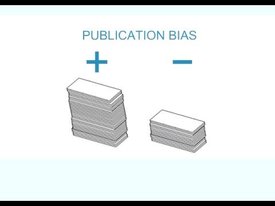 Enthusiasts for a carbon tax tend to lick their lips at the sheer size of the numbers that have been conjured up out of the economic models. They see a door opening to massive economic changes, with societal change on the horizon too.
Enthusiasts for a carbon tax tend to lick their lips at the sheer size of the numbers that have been conjured up out of the economic models. They see a door opening to massive economic changes, with societal change on the horizon too.
Today the door has been pushed back somewhat, with a new paper in Energy Economics by a multinational team of authors led by Zuzana Irsova of Charles University in Prague (there is a preprint here). She and her colleagues have been looking into published estimates of the social cost of carbon and find good evidence of a strong publication bias. You can probably guess which direction the bias is in:
The largest corrected mean SCC we get for estimates with uncertainty is USD 134 per ton of carbon at 2010 prices for emission year 2015; because the uncorrected mean of these estimates is 411, our results indicate that the reported estimates of the SCC are exaggerated at least threefold on average because of the selective reporting bias. The largest corrected mean SCC we obtain for study-level estimates with or without uncertainty is 61, which is more than four times less than the overall mean of 290.
These are costs per tonne of carbon. In costs per tonne of carbon dioxide, their results are coming out at $39, so you can see how this is going to dampen the spirits of those, like Ackerman and Stanton, who advocate for a value in excess of $1500.
And with a delightful sting in the tail, they close by suggesting that this may actually mask the true scale of the problem:
[O]ther studies suggest that some of the parameters used for the calibration of integrated assessment models, such as climate sensitivity or the elasticity of intertemporal substitution in consumption, are likely to be exaggerated themselves because of selective reporting...which might further contribute to the exaggeration of the SCC reported in individual studies...